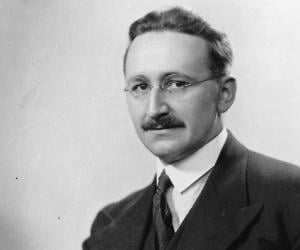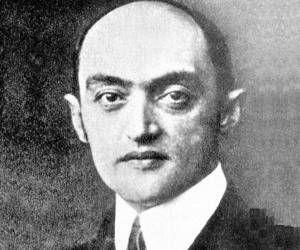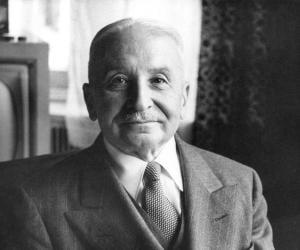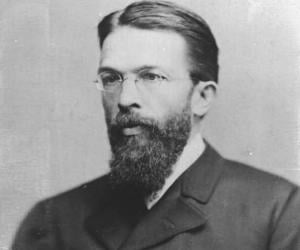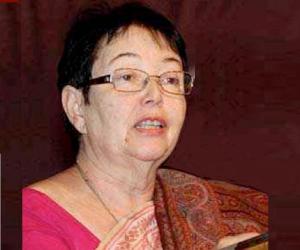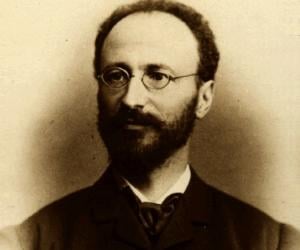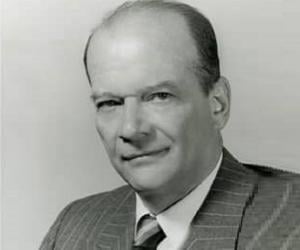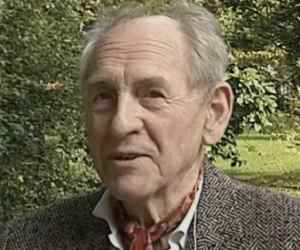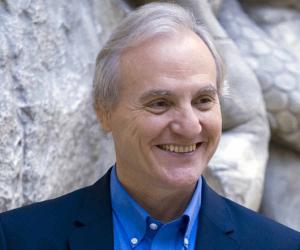1
Friedrich von Hayek
(Austrian–British Economist, Philosopher and Winner of the 1974 Nobel Prize in Economic Sciences)
Birthdate: May 8, 1899
Sun Sign: Taurus
Birthplace: Vienna, Austria
Died: March 23, 1992
Friedrich von Hayek was an Austrian-British academic who made significant contributions to economics, political philosophy, psychology, and intellectual history. He shared the 1974 Nobel Memorial Prize in Economic Sciences for his work on money and economic fluctuations. Hayek held doctoral degrees in law and political science, and his academic career included positions at the London School of Economics, University of Chicago, and University of Freiburg. He is renowned for his role in the Austrian School of Economics and his influence on various political movements.
